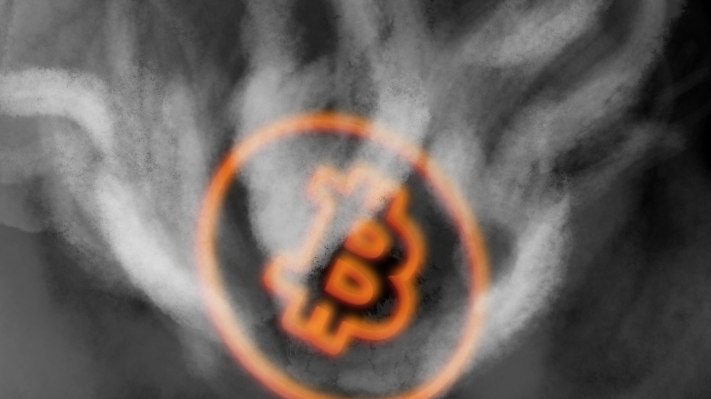From the Grexit crisis to the recent block size split debate, Bitcoin frequently finds itself at the center of regular news cycles. As the debates about its price performance, volatility and political implications continue to mount, beneath it all lurks the less obvious but fascinating undercurrent of Bitcoin’s brand equity — and how it continues to evolve under the auspices of a nebulous and often unpredictable entity.
As a private currency, Bitcoin is ultimately a “consumer product” and, like any other, its success is in large part determined by the engagement it can build with consumers in a free marketplace. To succeed in this has traditionally meant to succeed in marketing strategy — the deliberate discipline of identifying which consumers to target, understanding their deepest emotional needs and communicating how the product in question can meet those needs better than any available alternative — stewarded in a command-and-control fashion. As an inherently leaderless entity, Bitcoin’s brand equity is not stewarded. Ironically, therein lies its greatest strength.
Underpinning The Consumer Psychology
From Coca-Cola (helping consumers find “moments of happiness”) to Harvard (providing one of the highest signals of personal value), brands with the strongest equity have always been those that succeed at aligning themselves with our deepest emotional needs. And that’s what Bitcoin’s message does — that’s its very purpose. Bitcoin is about freedom.
The Currency Of Freedom
Aristotle said, “Wealth is evidently not the good we are seeking; for it is merely useful and for the sake of something else.” People use any currency merely as a vehicle to achieve an end goal. And for most of us, that goal is freedom — freedom to choose, freedom to do whatever we want. Why not extend freedom of choice to currency? The idea is not new, but Bitcoin arrives at a moment of unstable economies, growing government reach and a burgeoning global libertarian movement.
Furthermore, Bitcoin’s brand message so thoroughly, clearly, succinctly and intuitively communicates freedom of choice that its fame can grow through peer-based brand building. The “plan” executes itself, without need for a top-down control.
Brands that embrace freedom win.
Certainly, the phenomenon carries inherent risks. Bitcoin has been mired by its share of scandal, breakdowns and resets. For example, when the exchange Mt. Gox declared bankruptcy in 2014 after $460 million was apparently stolen by hackers, the negative publicity rippled through the currency itself. The notoriety was especially damaging for many members of the general public, already confused and suspicious even about exactly what Bitcoin was.
Nonetheless, through it all, Bitcoin has continued to grow its brand equity in the marketplace. Volatility has stabilized. Its legitimacy is increasingly accepted by financial institutions and even governments such as Britain’s. It has attracted Wall Street, with the development of exchange-traded fund–like vehicles, including one by financial celebrities Cameron and Tyler Winklevoss. Even retailers are coming to accept it.
A Lesson For Brands Everywhere
All this makes the Bitcoin saga fun to follow in its own right. But it also surprisingly reveals important considerations for other brands universally.
First, the success of the freedom message. Freedom is among the most fundamental of human needs. It is perhaps no coincidence that some of the greatest brands of our time are in fact stories of expanding access to freedom. Apple sells freedom of information access with style and ease. Uber sells the freedom of private transportation at your fingertips. American Idol sells the freedom to dream.
Second, the success of the freedom channel. With the rise of social media, consumers direct the brand message as much as and sometimes even more than the brand stewards. Strategies that encourage consumers to engage with a brand organically lead to lasting loyalty, and even advocacy, in ways never before possible. Brands with conviction in the relevance and loyalty of their equity among consumers have made this transition in marketing mindset well, from Starbucks’ Meet me at Starbucks campaign to Warby Parker’s Home Try-On program. Others, like McDonalds’ infamous Twitter campaign gone awry, have struggled.
There’s no telling what will drive the next set of news cycles around Bitcoin, nor how the currency will ultimately fare. But until then, it shines a powerful spotlight on a fundamental yet sometimes overlooked tenet of consumer psychology and how to win it: Brands that embrace freedom win.
